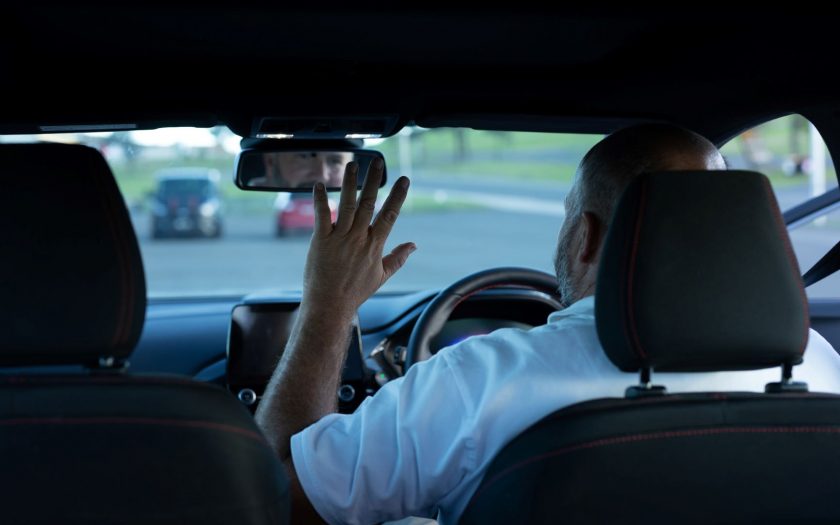ANYBODY WHO SPENDS TIME ON AUSTRALIAN roads knows just how abysmal many of our drivers are. Now Ford Australia has undertaken research that confirms Australian driver behaviour is as bad as it seems.
As Australians return to the office and navigate their daily commute, Ford’s research has found we are playing chicken when it comes to road safety and flouting the rules when jumping in the driver’s seat.
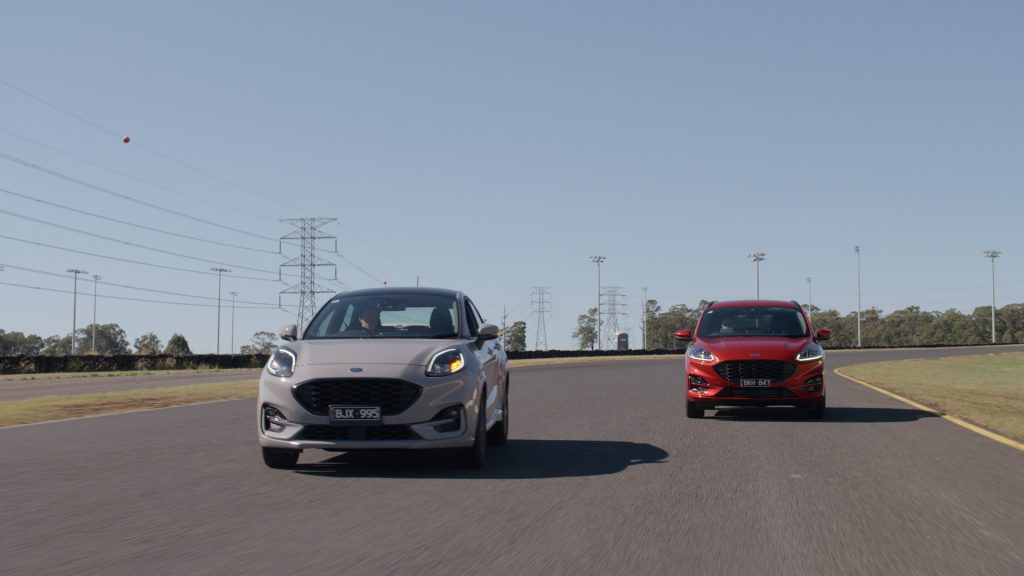
With April setting a record for new cars sales across the country (92,347 compared to the previous best of 87,571 in April 2016), Australians may be seeing significantly more vehicles on the road, and dangerously, seeing that other drivers have differing views of what’s right and wrong on the road.
Ahead of National Road Safety Week 2021 (May 16-23), Ford Australia is urging drivers to remember their driver training and to recognise how individual attitudes and behaviours on the road could have a lasting impact on those around them.
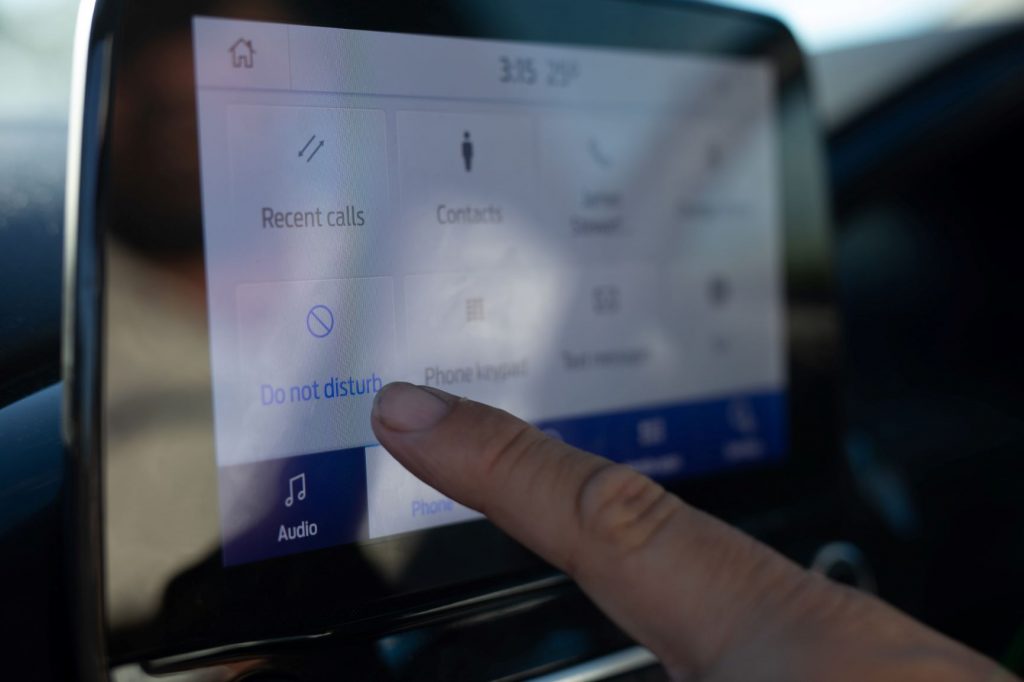
In a survey of 1000 Australians, one fifth of Aussies agree there are significantly more drivers, pedestrians and cyclists on the road, and more than half (56 percent) say they have noticed other drivers’ erratic behaviours since COVID-19; one respondent adding “driving habits have become more erratic – like they’ve forgotten how to drive after being at home.”
According to Ford Australia’s Driver Education Lead, James Stewart from Driving Solutions, “No matter how long you’ve had your driver’s licence, road safety is always important and new driving skills can always be learnt.”
“We’re seeing more cars on the road as people reacquaint themselves with returning to the office, and perhaps prefer private over public transport. During this transition, our driving habits must adapt to suit the increased traffic and consider differing levels of confidence behind the wheel,” James says.
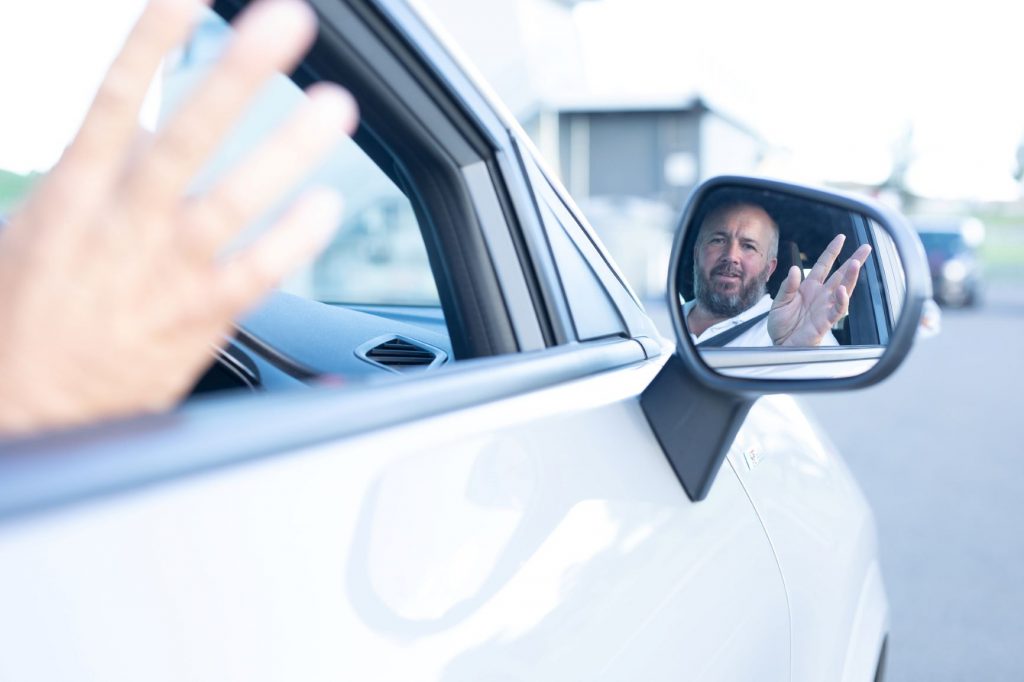
Forgetting our manners? Drivers admit courtesies are only returned when given
Has a year of social distancing affected our social skills? When it comes to niceties on the road, 67 percent of Aussie drivers agree if others were more courteous, it would make them feel better when driving.
And when it comes to showing manners, nearly one quarter (23 percent) admit to only giving a wave or other driving courtesies if the other person shows them first.
Often called the laidback state, it might be time to also call Queensland the ‘polite’ state, with nearly one quarter of locals (24.9 percent) saying they will reciprocate behind the wheel courtesies if other drivers show them first.
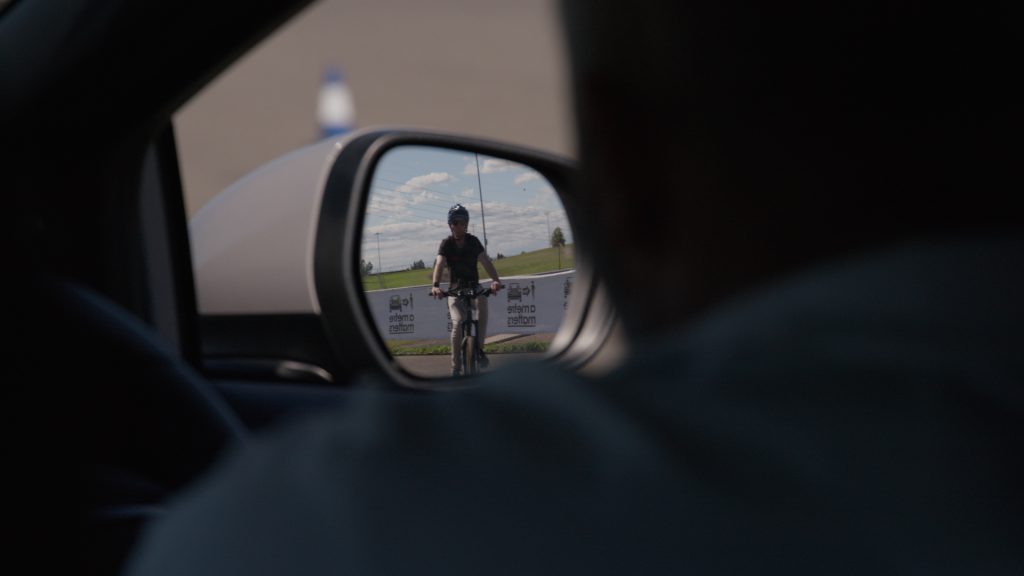
Our lawmaker territory is the biggest law breaker when it comes to road safety
Comparing the states, some drivers are more inclined to bend the rules than others. Of all places, our nation’s capital is home to the highest number of rule breakers, with 18.8 percent of Canberrans believing driving 5km over the speed limit is OK, and 18.8 percent also admitting there are some road rules they do not know.
Over on the opposite coast, West Australian residents are the biggest speed demons, with half of respondents admitting to breaking the law and driving over the speed limit.
By comparison, our southern cousins in Tasmania are the country’s A+ students, with 77.8 percent claiming to always follow the road rules when driving.
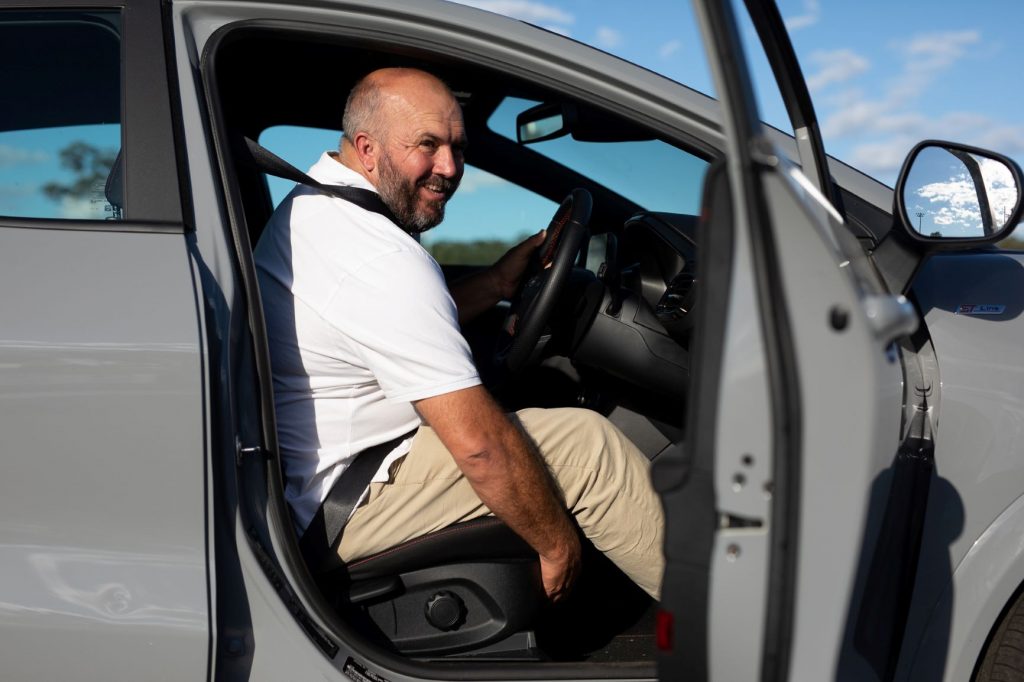
Confidence was impacted in the most COVID affected states
Unsurprisingly, Victorians have suffered the biggest impact to their driving confidence, with 18.7 percent of respondents admitting they felt nervous on the road due to the behaviour of others.
As the state that experienced the strictest lockdown measures (42.4 percent were most likely to stay home and rarely drove during the peak of lockdown), it might take a little while longer for Victorians to overcome their behind-the-wheel nerves.
Every year, approximately 1200 people are killed and another 44,000 are seriously injured on Australian roads. With significantly more cars on the road, National Road Safety Week is more important than ever to ensure all Australians drive so others survive.
Ford Australia is actively involved in making Australia’s roads safer by providing free driver training for new and young drivers through its Driving Skills for Life program.
During National Road Safety Week, Australian drivers are being asked to take an online pledge to drive safely (here), promising to never drive distracted or under the influence of alcohol or drugs.
